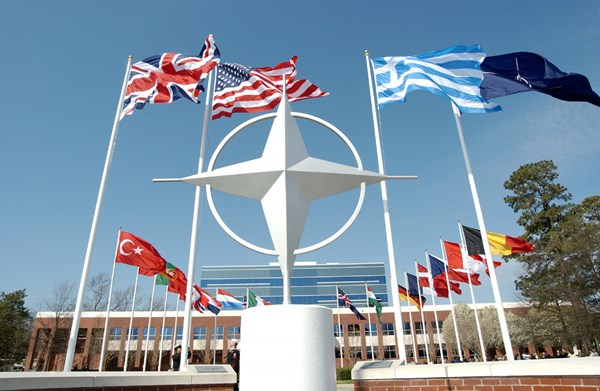NATO accuses Russia of publishing fake news about the Alliance
NATO accused Russia of strengthening its disinformation campaign after the annexation of the Crimea in March 2014, Deutsche Welle reported.
According to NATO’s data, the Russian media companies Sputnik and Russia Today (RT) have repeatedly published fake material.
"NATO has been dealing with a significant increase in Russian propaganda and disinformation since Russia's illegal annexation of the Crimea in 2014," the spokesperson of the Alliance, Oana Lungescu, told Reuters on Saturday, February 11th.
According to her, a special website, set up by the Alliance in 2014, "catalogues 32 Russian myths about NATO systematically used by Sputnik, RT and a range of other outlets owned or controlled by the Russian government."
As the most recent example, Lungescu mentioned the publication by the Russian website life.ru of a fabricated voice recording of NATO Secretary General Jens Stoltenberg with a Russian prankster, pretending to be the Ukrainian President, Petro Poroshenko.
"Such a call never took place, though, and this was an obvious example of disinformation," the representative of the North Atlantic Alliance said.
She also cited another example of disinformation, in July 2016, in which Sputnik, RT, and other Russian websites published reports about a fire on a NATO base in Izmir, calling it sabotage after the attempted coup in Turkey.
"We engaged with Sputnik, RT, and others to correct this, as there was a forest fire at some distance from the base, but with no connection to it," Lungescu said.
NATO is trying to fight Russian propaganda with the help of newsletters, interviews, refutations and video material. The Russian media, however, denies any affiliation with the Kremlin's propaganda machine and claim that they represent an alternative viewpoint that is ignored by the Western media.
